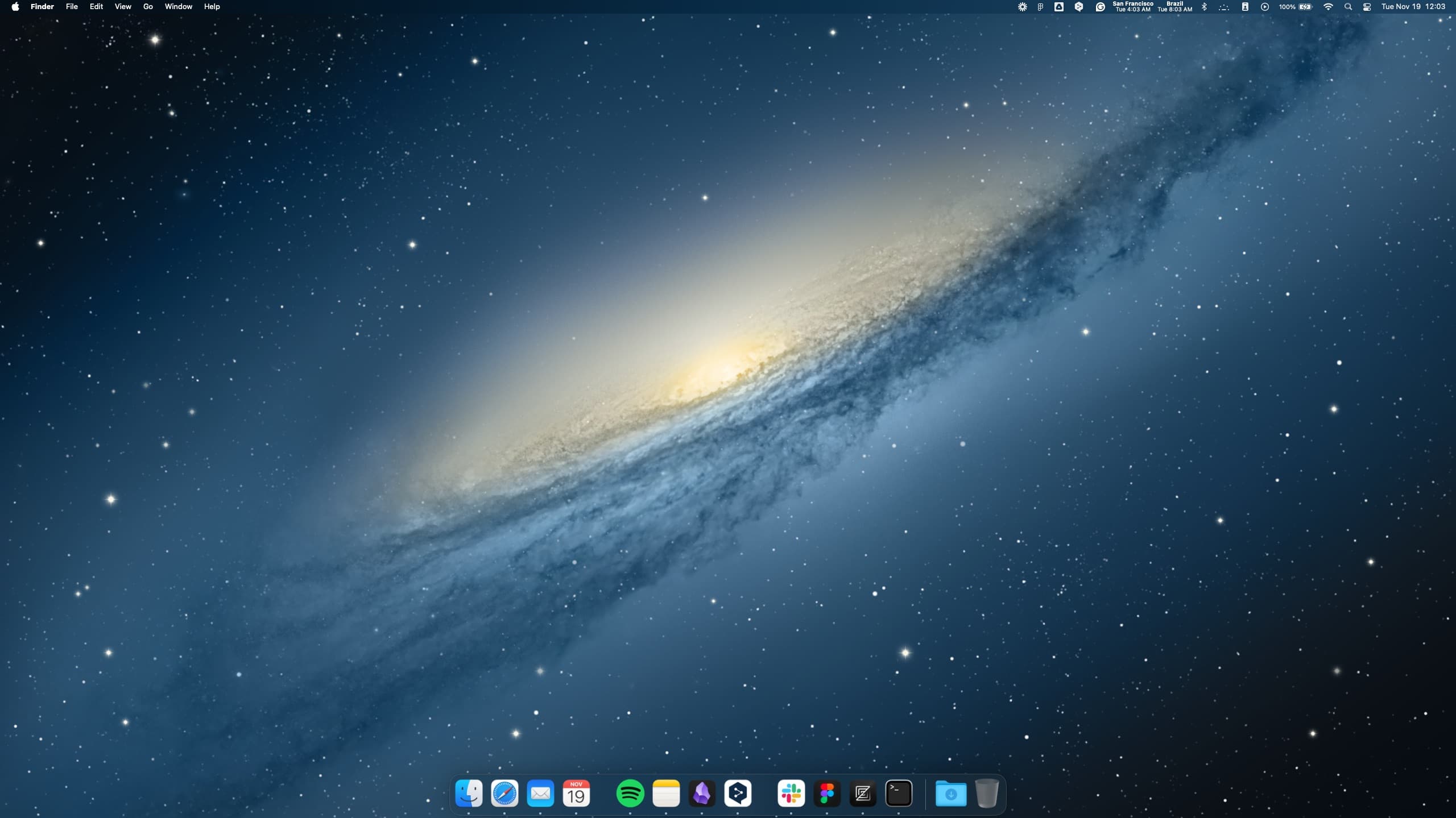Welcoming Danilo Woznica, our new Designer Engineer
We're thrilled to share the news that Danilo Woznica is joining Resend.
Danilo Woznica is an engineer who uses code as a tool for design. He has 14 years of experience creating digital products and worked at great companies such as CodeSandbox.
His most recent open-source contribution is Sandpack, a library for creating interactive code snippets used in the official React docs.
You should check his UI Garden and his code principles at danilowoz.com.
More about Danilo
How did you get into software?
I started as a designer, making assets for local events and companies in my city. Eventually, it scaled up to building websites, and then I learned things such as jQuery, WordPress, and CSS3 🤯. At that moment, I discovered the intersection of programming and design on the web, which inspired me to join a design course at a local university.
Since then, I've been working as a developer who can design. I see myself as a bridge between teams, where I can speak the same language to both engineers and designers.
What does your desktop/home screen look like?

Why are you at Resend?
I've been closely following Resend since its foundation, and I was always impressed by the team's commitment to delivering exceptional developer experiences and how they communicate very well with the community. When the opportunity to join the team presented itself, I couldn't be more excited to be on this journey.
With my experience in crafting developer tools and the chance to work with the design and engineering team, I'm so looking forward to contributing to the Resend mission. Amazed by the chance to build, ship, and break things together.
Where do you find #inspiration?
For me, inspiration is a compound of many things in my life. There is nothing specific that keeps me inspired or anything that I use as a source of inspiration. A combination of moments, travels, books, movies, chatting with friends, and music is what keeps me excited.
I should give a special mention to music. I love creating playlists for different moments and moods, reading lyrics, exploring new genres, and admiring cover albums.
If you weren't programming, what would you be doing?
I would probably be involved in music. I'm not a musician (trust me, I've tried many times to learn how to play instruments), but I'm a big enthusiast. So, I'd love to do anything related to music, such as producing, music journalism, or just carrying others' instruments.
Favorite tool?
I've been really into Obsidian recently. It strikes an impressive balance between flexibility and usability, allowing for extensive customization through plugins while remaining user-friendly right from the start. I also like the company's commitment to its principles, crafting a product that is both independent and durable.
For me, it's not just about how the tool functions but also about what values it represents.
Favorite hotkey?
Here are a couple of hotkeys (the order matters):
Control-Command-Q, immediately locks the screen.Command+K/P, I love how this has become a universal standard for opening the command palette in any tool, making it more accessible and predictable.- Play button, have I mentioned I love music?
Favorite place to visit?
Any restaurant where I can share food with friends, family, or even unknowns. In my opinion, sharing food is the best way to connect with people and create experience.
Advice for ambitious software engineers?
- Asking questions is the most powerful tool in your toolkit while learning something new. Make the implicit information explicit and discuss it.
- Be obsessed with something you like. It's challenging to find your place, especially when you're a beginner, but if you look around and find things you enjoy and can improve, just do it, regardless of whether someone thinks it is not worth it, as long as it matters to you.
- Forget the hype, but understand the reason behind it. Macro tendencies might be hard to identify, but they're a powerful way to see where the world is going.